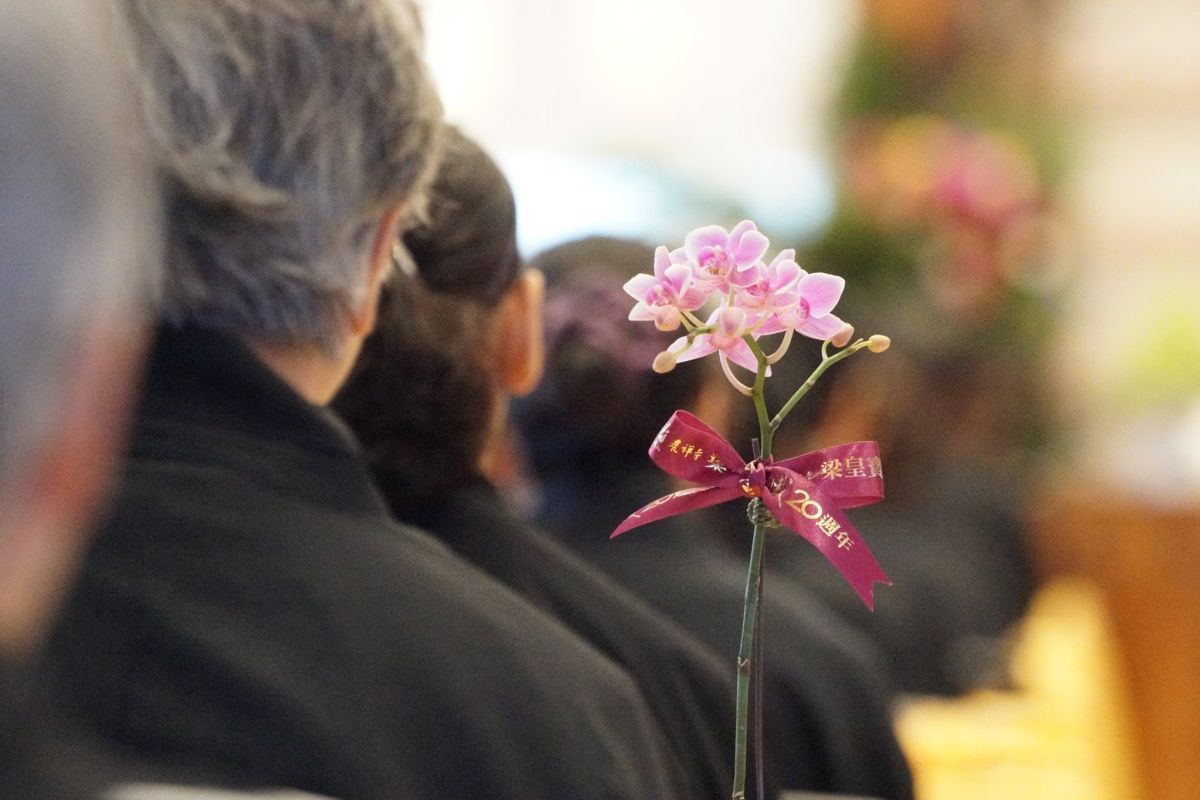Special Topics
Q4: Is it necessary to fulfill a vow after making it?
 Yes. Making a vow must include the process of fulfilling it. Master Sheng Yen pointed out that the purpose of life is to make vows and fulfill them. Within this lifetime, we fulfill what we made in the past but had not yet fulfilled. To fulfill vows is to put the vows one has made into practice, so one must constantly strive to realize the promises that one has made. This process is known as fulfilling vows. Life is about constantly making vows and improving oneself in fulfilling the vows. Therefore, fulfilling vows can also be said to be a goal of life. For Buddhists, transferring the merits of their practice is also a form of fulfilling vows. However, most people often think that they can fulfill their vows as long as they transfer their merits or rely on the power of Buddhas and Bodhisattvas. In fact, the most important thing is to practice the vows that one has made. Therefore, the process of carrying out the vows is equivalent to fulfilling the vows.
Yes. Making a vow must include the process of fulfilling it. Master Sheng Yen pointed out that the purpose of life is to make vows and fulfill them. Within this lifetime, we fulfill what we made in the past but had not yet fulfilled. To fulfill vows is to put the vows one has made into practice, so one must constantly strive to realize the promises that one has made. This process is known as fulfilling vows. Life is about constantly making vows and improving oneself in fulfilling the vows. Therefore, fulfilling vows can also be said to be a goal of life. For Buddhists, transferring the merits of their practice is also a form of fulfilling vows. However, most people often think that they can fulfill their vows as long as they transfer their merits or rely on the power of Buddhas and Bodhisattvas. In fact, the most important thing is to practice the vows that one has made. Therefore, the process of carrying out the vows is equivalent to fulfilling the vows. Extended Reading:
Vows: the Blueprint for Happiness
Q1: In order to make vows, do we need to follow any sequential steps?
Q2: What are the differences between ordinary people making a wish and Buddhists making a vow?
Q3: What are the Ways to Make a Vow?
Q4: Is it necessary to fulfill a vow after making it?
Q5: Is making vows the same as taking oaths?
Q6: How to avoid making empty vows?
Resource: Issue 330 of Humanity Magazine, Dharma Drum Publishing Corporation
Translation: 可馨
Editing: Keith Brown, YKL
